Breaking News


Popular News

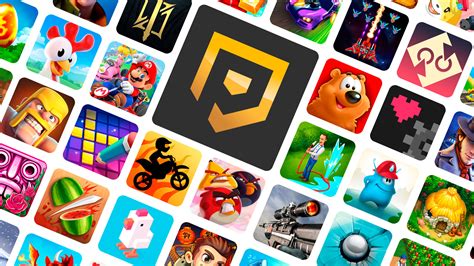
Explore the psychology of mobile gamers, from motivations and behavioral patterns to engagement strategies and the impact of rewards on gaming behavior. Learn about in-app purchases and socio-cultural influences.Mobile gaming has become a ubiquitous part of modern life, with millions of people around the world spending hours each day playing on their smartphones. But have you ever stopped to think about the psychology behind this behavior? In this blog post, we will delve into the fascinating world of mobile gaming psychology and explore the motivation, behaviors, and influences that drive mobile gamers. From the intrinsic motivation to play games to the impact of rewards on gaming behavior, we will examine the psychological factors that underpin mobile gaming. We will also discuss how behavioral patterns and socio-cultural influences play a role in shaping the mobile gaming experience. Additionally, we will explore engagement strategies and the psychology behind in-app purchases, shedding light on the intricate web of factors that contribute to the allure of mobile gaming. Understanding the psychology of mobile gamers is essential not only for game developers but also for anyone interested in the complex interplay between human behavior and technology. Join us as we unravel the fascinating world of mobile gaming psychology.
Contents

Understanding the Psychology of Mobile Gamers
Mobile gaming has become a prevalent form of entertainment in today’s digital age, and it’s no wonder why. With the convenience of playing on the go, the variety of game genres, and the constant updates and new releases, mobile games offer a world of entertainment at our fingertips.
One of the key driving forces behind the popularity of mobile games is the motivation of players to engage with these games. This motivation can stem from various factors, such as the desire for a mental challenge, the need for relaxation and stress relief, or the pursuit of social interaction and competition.
For many players, the motivation to play mobile games comes from the sense of achievement and progress that comes with advancing through levels and completing goals within the game. This sense of accomplishment can be highly rewarding, often leading to a deeper level of engagement with the game.
| Key Motivations to Play Mobile Games |
|---|
|
|
|
|
|
|
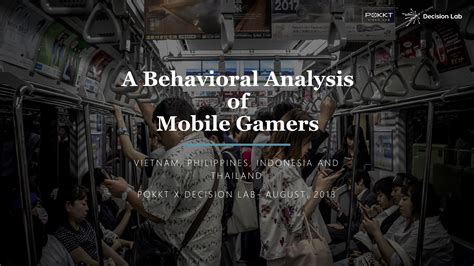
Mobile gamers exhibit a wide range of behavioral patterns which can be fascinating to study. One common pattern is the tendency to play mobile games in short bursts, such as during a commute or a break at work. This behavior is driven by the convenience and accessibility of mobile gaming, as players can pick up and put down their devices as needed.
Another behavioral pattern is the desire for social interaction within mobile games. Many gamers seek out multiplayer or online features in order to connect with friends and compete with others. This social aspect can greatly impact the gaming experience and influence the games that players choose to engage with.
Furthermore, there is a notable pattern of impulse purchasing within mobile gaming. Players may be more likely to make in-app purchases when they are emotionally invested in the game or when they feel a sense of competition with others. Understanding these behavioral patterns can help game developers create more engaging and profitable experiences for players.
In studying the behavioral patterns of mobile gamers, it becomes clear that the psychology behind gaming goes beyond mere entertainment. By recognizing and understanding these patterns, developers and marketers can create games that are not only enjoyable, but also cater to the unique behaviors and preferences of their target audience.

When it comes to mobile games, creating a strong engagement with players is crucial for the success of the game. There are various strategies that game developers can employ to keep players interested and committed to playing the game. One effective strategy is to incorporate social features into the game, such as allowing players to connect with friends, join clans, or participate in multiplayer challenges. This not only enhances the overall gaming experience but also encourages players to keep coming back to the game.
Another engagement strategy is to offer regular updates and new content to keep the game fresh and exciting. This can include new levels, characters, items, or events that are introduced at regular intervals. By consistently providing new content, developers can maintain the interest of their player base and prevent stagnation or boredom.
In addition, implementing reward systems and in-game achievements can motivate players to continue playing and investing their time and effort into the game. By offering rewards for reaching certain milestones or completing specific tasks, game developers can create a sense of accomplishment and progression for the players, which in turn fosters continued engagement and interest in the game.
| Engagement Strategies | Impact on Players |
|---|---|
| Social Features | Enhanced gaming experience and player interaction |
| Regular Updates | Prevention of boredom and retention of player interest |
| Reward Systems | Motivation for continued play and sense of achievement |
Ultimately, the success of a mobile game is heavily dependent on the engagement level of its players. By implementing these strategies and understanding the psychological factors that drive player behavior, game developers can create a gaming experience that is immersive, rewarding, and keeps players coming back for more.
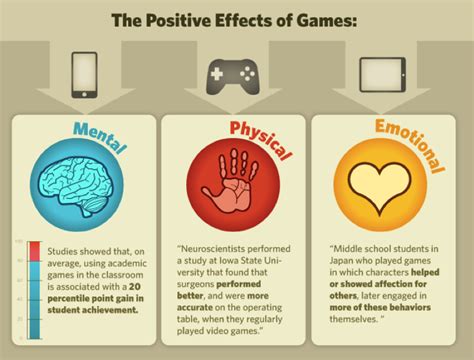
When it comes to understanding the psychology of mobile gamers, one of the key factors to consider is the impact of rewards on gaming behavior. Rewards play a significant role in shaping the way players engage with mobile games and can have a profound impact on their behavior.
One of the behavioral patterns of mobile gamers is their response to rewards within the game. Whether it’s in the form of virtual currency, power-ups, or special items, rewards can serve as powerful motivators for players to continue playing and striving for success within the game.
Research has shown that the implementation of rewards within mobile games can have a direct impact on player engagement and retention. By offering rewards for completing certain tasks, reaching new levels, or achieving specific milestones, game developers can effectively incentivize players to continue playing and investing their time and energy into the game.
Furthermore, the impact of rewards on gaming behavior goes beyond just encouraging continued gameplay. Rewards can also influence players’ spending habits within the game, with in-app purchases often tied to the acquisition of virtual rewards. This aspect of gaming behavior ties in with the psychological factors in in-app purchases, as players may be more inclined to spend money on virtual items when they are directly linked to rewards and progress within the game.
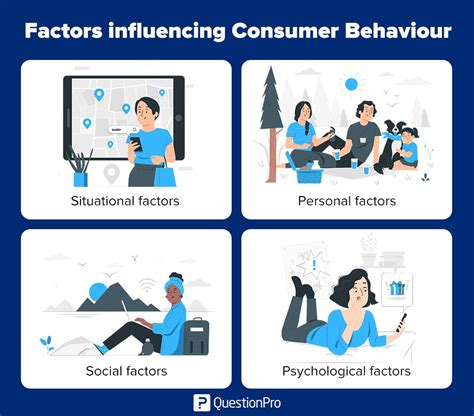
When it comes to in-app purchases, there are several psychological factors that come into play. One of the most prominent factors is the concept of instant gratification. Mobile gamers are often driven to make in-app purchases because they want to instantly improve their gaming experience. Whether it’s unlocking a new level, gaining access to exclusive content, or accelerating their progress, the immediate satisfaction of in-app purchases can be a strong motivator.
Another key psychological factor in in-app purchases is the fear of missing out (FOMO). Mobile gamers may feel a sense of urgency to make a purchase in order to keep up with their peers or take advantage of limited-time offers. This fear of missing out on a special deal or opportunity can drive impulsive buying behavior among mobile gamers.
Additionally, social influence plays a significant role in in-app purchases. Mobile gamers may be influenced by the purchasing decisions of their friends or peers within the gaming community. Seeing others make in-app purchases can create a sense of social pressure and the desire to fit in, leading to increased spending on virtual items or currency.
Overall, understanding the psychological factors at play in in-app purchases can help developers and marketers create more targeted engagement strategies and optimize the monetization of mobile games.
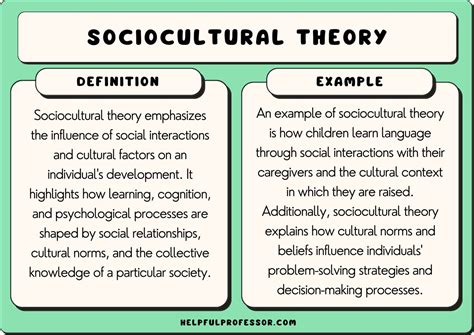
Mobile gaming is influenced by a variety of socio-cultural factors that shape the preferences and behaviors of gamers around the world. In many cultures, playing games on mobile devices has become a popular form of entertainment and social connection, serving as a way for individuals to bond with friends and family while also engaging with global gaming communities.
Moreover, different societies have unique attitudes towards gaming, with some cultures embracing mobile gaming as a means of relaxation and stress relief, while others may view it as a trivial or even addictive activity. Social norms and values also play a role in shaping the types of games that are popular in specific regions, as well as the ways in which individuals interact with gaming content.
Additionally, the rapid advancement of technology and the widespread availability of smartphones have led to the democratization of gaming, making it accessible to people from diverse socio-economic backgrounds. This has resulted in mobile gaming becoming an integral part of everyday life for many individuals, transcending traditional barriers and creating a shared experience that is influenced by cultural diversity.
As mobile gaming continues to evolve, it is important to consider the socio-cultural influences that contribute to the global phenomenon of gaming on mobile devices. By understanding the unique societal factors that shape gaming behaviors and experiences, developers and marketers can create games and strategies that resonate with diverse audiences, leading to more inclusive and engaging gaming communities.

What motivates mobile gamers to keep playing?
Mobile gamers are often motivated by the sense of achievement, competition with friends, and the desire to escape reality for a while.
How do game developers use psychology to keep players engaged?
Game developers use techniques like intermittent rewards, social comparison, and a sense of progression to keep players engaged and coming back for more.
Why do some people get addicted to mobile games?
Some people may get addicted to mobile games due to the dopamine rush from achieving in-game rewards, the sense of escape from real life problems, and the fear of missing out on rewards or progress.
Can mobile gaming have negative effects on mental health?
Excessive mobile gaming can lead to issues such as increased anxiety, depression, and social isolation, especially if it starts to interfere with daily activities and responsibilities.
How can mobile gamers strike a healthy balance between gaming and real life?
Setting time limits, taking regular breaks, and prioritizing real-life responsibilities can help mobile gamers maintain a healthy balance between gaming and real life.
What are some positive aspects of mobile gaming on mental health?
Mobile gaming can provide stress relief, cognitive stimulation, and a sense of achievement, which can have positive effects on mental well-being when played in moderation.
Are there any ethical concerns related to the psychology of mobile gaming?
Some ethical concerns include manipulative game design to exploit players, encouraging excessive spending on in-game purchases, and targeting vulnerable individuals.